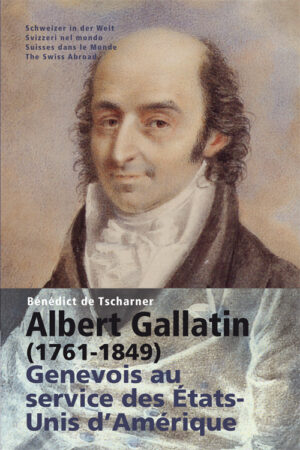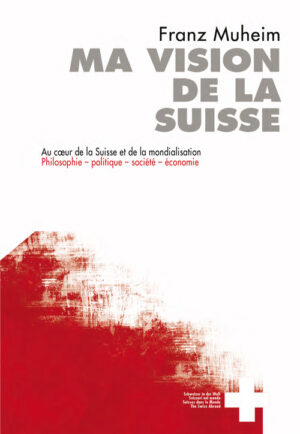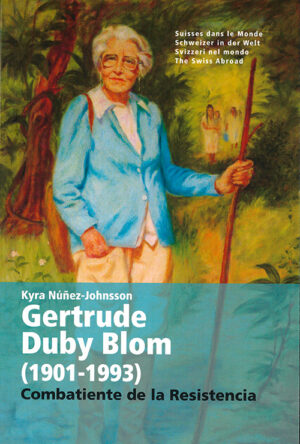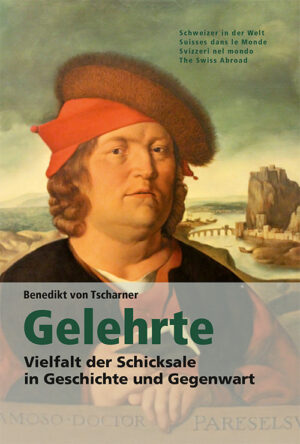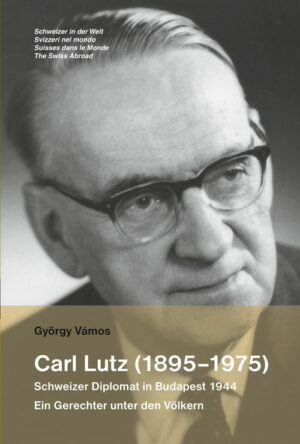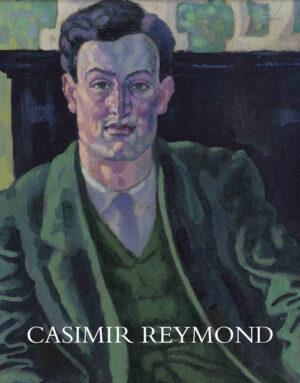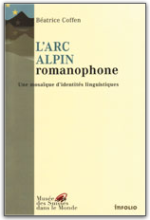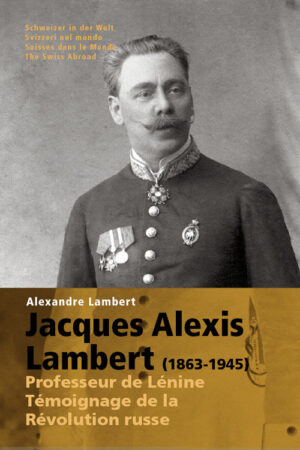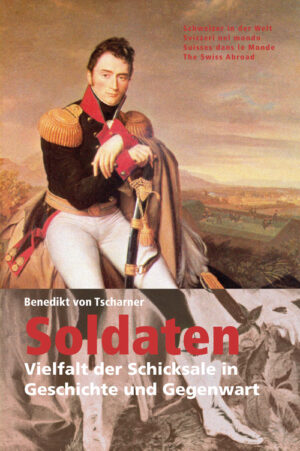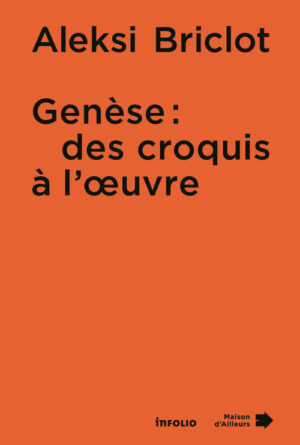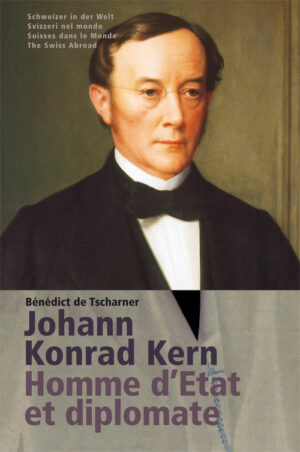Carl Lutz (1895–1975). Swiss Diplomat in Budapest 1944
A Righteous among the Nations
György Vámos
ISBN 9782884746717
CHF 9.76
Carl Lutz (1895–1975). Swiss Diplomat in Budapest 1944. A Righteous among the Nations
| Auteur | György Vámos |
|---|---|
| Format | 12.5 x 18.5 cm |
| Nombre de page | 128 pages |
| Reliure | broché |
| Parution | 2013 |
| ISBN | 9782884746717 |
Carl Lutz (1895–1975)
Between 1942 and 1945 Vice Consul Lutz was Head of the Office for Foreign Interests Representation of the Swiss Legation in the Hungarian capital. Although he was not effective in halting the deportation of Jews to the Nazi death camps in the spring of 1944, he was able to save tens of thousands of Jews, a large part of the Jewish population of Budapest. He established a system of diplomatic protection by issuing protective letters. From the summer of 1944 until war’s end, Lutz acted vigorously, negotiating with the Hungarian and German authorities. Often he risked his own life through these activities. With the support of his wife, his associates and young Hungarian Zionists, he managed to bring his rescue activity to a positive end.
György Vámos, journalist, founding President of Carl Lutz Foundation, Budapest. Born in Újpest in 1940, he studied at the University of Economics and graduted from the Political College. Between 1975–2001 worked at the Hungarian Radio as an editor, editor-in-chief of programs for Kossuth Radio and from 1994 as director of documentation. As a historian, his main fields of interest include the history of the Holocaust in Hungary and the history of broadcasting. György Vámos is author of numerous books and articles. His latest publications include: Üvegsziget. Carl Lutz és a cionista ellenállás története 1944-ben Budapesten. [Glass island. Carl Lutz and the History of the Zionist Resistance in 1944.] (Budapest: Makkabi Kiadó, 2008.) A Szabad Európa Rádió és a magyar forradalom. Műsortükör, 1956. október 23 – november 5. [Radio Free Europe and the Hungarian Revolution. Program Mirror. October 23 – November 5, 1956.] (Budapest: MTA Történettudományi Intézete, 2010.)


